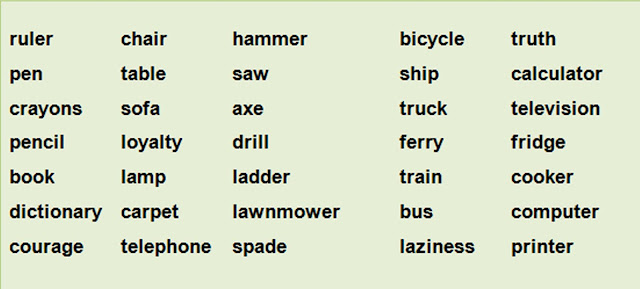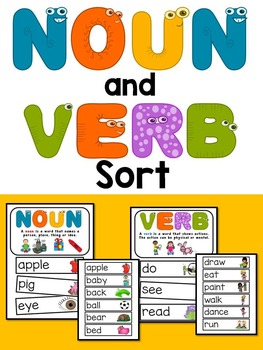

A third approach differentiates an action verb from one that is stative. They divide verbs into three categories: (1) modal auxiliary verbs, a short list comprising can, may, will, shall, could, might, would, should, and must, all of which are “helping” verbs, as in Congress will vote tomorrow, and (2) primary verbs, the smallest group- be, do, and have -all three of which can be either auxiliaries ( I am leaving for school now I did finish my homework I have studied enough ) or main verbs ( I am happy I did my best I have a good teacher ), and (3) full verbs, the largest group by far, containing all the rest. Another analysis is offered by the grammarians Quirk, Greenbaum, Leech, and Svartvik in their renowned A Comprehensive Grammar of the English Language. As we can see with fight, some verbs can be either transitive or intransitive. For example, this dictionary distinguishes between a transitive verb, labeled “(used with object),” as in The country fought two wars at the same time, and an intransitive verb, labeled “(used without object),” as in He fought in both of them.

Understandably, this multitalented part of speech can be analyzed and categorized in any of several ways.

You cannot have a complete English sentence without at least one verb. It can declare something ( You ran ), ask a question ( Did you run? ), convey a command ( Run faster! ), or express a wish ( May this good weather last! ) or a possibility ( If you had run well, you might have won if you run better tomorrow, you may win ). The key word in most sentences, the word that reveals what is happening, is the verb.


 0 kommentar(er)
0 kommentar(er)
